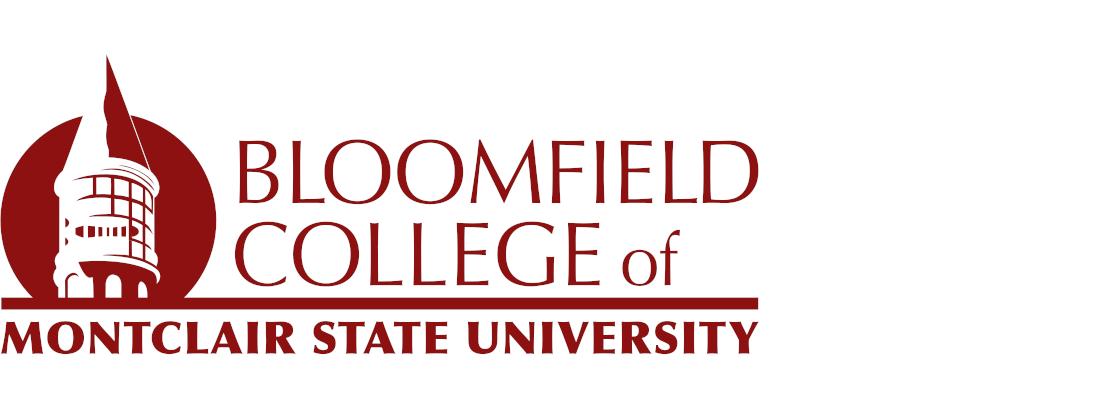General Education: Technological & Digital Literacy Courses
Primarily through self-study and computer based training, students will develop essential skills in software for word processing, presentations, and spreadsheets. The bulk of the course will be devoted to preparing students to be able to leverage current, emerging, and future technologies. Topics include the application of computers to major career disciplines, the internet, Web 2.0, the impact of computers on society, and emerging and disruptive technologies.
The course explores how computers represent different types of data; numeric, text, image, and audio. Students learn about the difference between analog and digital signals, finite precision, Boolean logic and simplification of digital circuits using Boolean algebra. In addition, they learn how computers perform arithmetic using adders, and how bit storage is implemented using latches and flip-flops. At a higher level, students also learn how computer components interact to achieve computing; memory hierarchy, chipset and system clock, bus system architecture, storage device organization, and motherboard/CPU.
Students will develop the essential spreadsheet skills to solve business problems. Students will learn
how to create and format a workbook and work with formulas, functions, charts, and graphics.
Students will also learn to use PivotTables and PivotCharts, advanced formulas and functions, how
to manage multiple worksheets, and other advanced techniques. Students cannot receive credit for both CMP 100 and CMP 108.
This course provides an introduction to features and functions of networking components. It provides the knowledge and skills needed to configure and troubleshoot basic networking hardware, protocol, and services. Laboratory work is integrated within the class.
This course provides an overview of the various forms of cyber crime and the methods, thought process and tools used by criminals. Criminology theories such as conflict, control and strain will also be discussed. The impact of cyber crime and public policy implications will also be explored.
This course is a practical approach to learning Motion Capture and the fundamentals of MotionBuilder. Students will learn how to work with the motion capture data on a professional level with an emphasis on navigating the interface, importing and applying motion capture data to a virtual actor and virtual character. Concepts of character retargeting, filters, f-curves, plotting 3D data, constraints, cameras, rendering, lights, materials, and shades will also be addressed.
